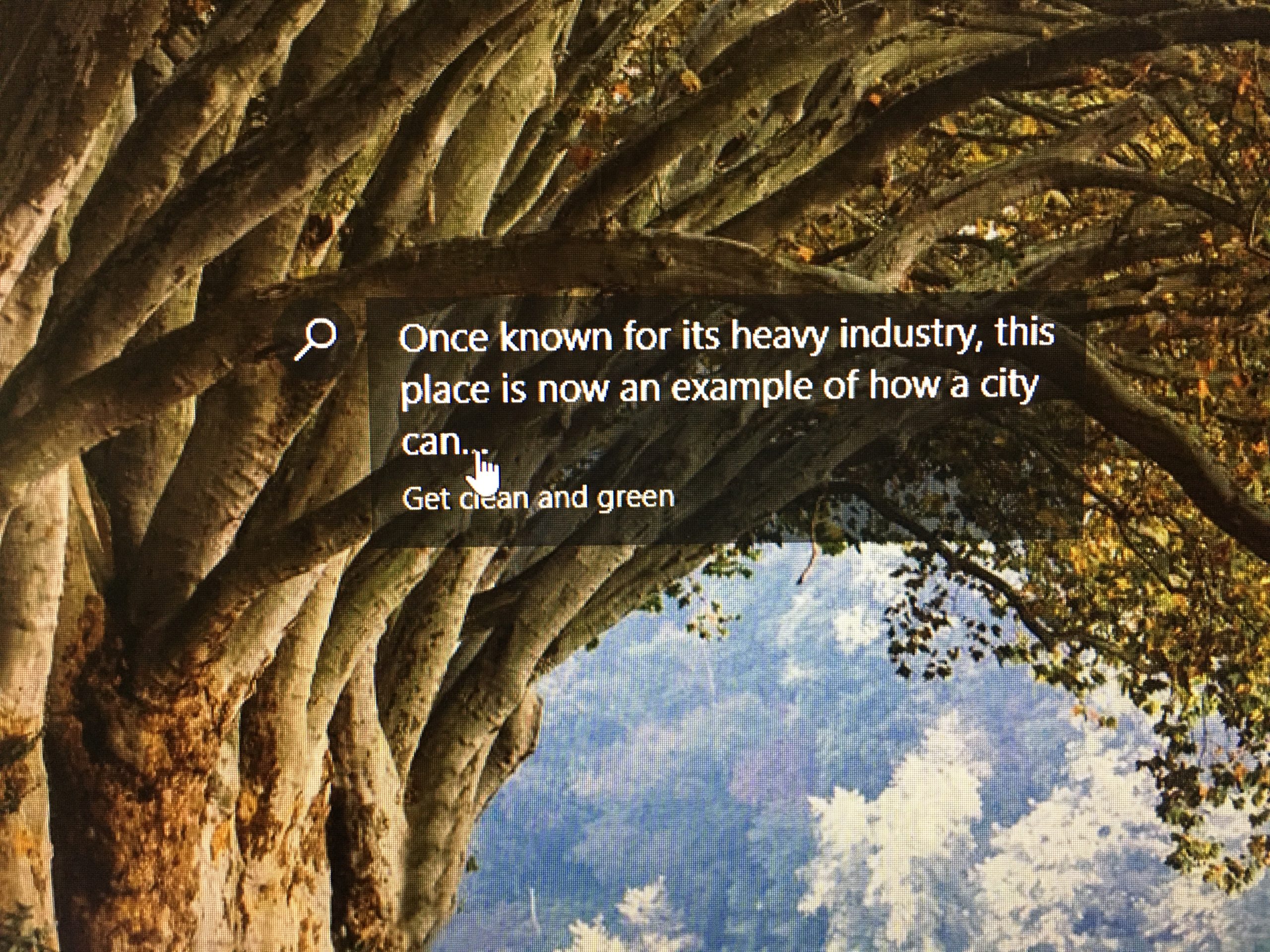One reason why nominally private corporations become politicized must be to please the most insistent mobs as well as “the regulator”—that is, the feared governments that follow or inflame the same mobs. Otherwise, nearly every supplier’s incentive would be to serve all its customers equally and independently of their politics (except perhaps for small businesses serving very limited market segments). The happy situation is when your oil delivery man and your software manufacturer are blind to your physical and political color and only want your money.
In an article on “The Problems with Politicizing Corporations” in the just-published summer issue of Regulation, I mention some consequences of the current politicization of businesses. I quote a Wall Street Journal opinion piece by Dave Seminara, a former ambassador (“What I Wouldn’t Give for a Shave That Isn’t Woke,” April 4, 2021):
When I look around my house, I see many products from woke companies that want me to know how strongly they disagree with me on pretty much every issue of the day. … It doesn’t seem like too much to ask that the businesses I patronize refrain from actively and loudly despising me.
Another example: By refusing to accept gunshops as customers, PayPal prevents all its individual customers from using its system to pay for guns or ammunition. I note:
PayPal certainly has—and should have—the right to prevent its customers from using their accounts to purchase guns or ammunition, a right protected (against government) by the Second Amendment of the Constitution. I would also defend the company’s right to discriminate against its customers who exercise their First Amendment rights. But I would recommend that PayPal’s executives read [Samuel] Brittan’s book as well as Milton Friedman’s 1962 Capitalism and Freedom to appreciate the importance of separating politics from the market. It’s urgent.
I further observe:
This politicization of business contributes to alienating a sizeable part of the American public from “the community.” This discrimination is not a recipe for social peace nor, of course, for liberty.

Microsoft’s Propaganda: A Windows-10 Locked Screen picture
As I was reflecting on the present post and unlocking my computer, the Windows-10 Lock Screen Background that appeared (and is reproduced as the featured image of the post) showed luxuriant vegetation with the words:
Once known for its heavy industry, this place is now an example of how a city can…
I clicked the message and the rest appeared:
Get clean and green
Most Microsoft customers may like anything that is “clean and green.” If Microsoft had operated in the environment of my Catholic childhood, most of its customers would have preferred something “clean and pure.” In the old South, its customers would have preferred it “clean and white.” But whatever is Microsoft’s opinion (the opinion of its executives or even some of its shareholders), why does it feel allowed to propagandize it on its customers’ computer screens? What if I preferred that city when, instead of being “clean and green,” it welcomed the paper mill that manufactured inexpensive paper for poor school children? Cleanness and greenness are not the only things in life.
In this case, of course, despite my annoyance, the solution was simple: go to Settings – Lock Screen. I simply canceled (à la woke) this Windows feature and replaced it with an image of my own; for now, it is the Chisholm trail in Kansas with the ruts of the great cattle drives (for a detour by the Chisholm trail, see my “Cowboys and Entrepreneurs in the Cattle Kingdom,” Regulation 38:4 [Winter 2015-2016] pp. 67-71). But the constant political propaganda from our suppliers is often worse than that, generally naïve, and always inappropriate.
And yes, my Regulation article also talks (rapidly) about Facebook’s “community standards” and Twitter’s equivalent.

Ruts of the Chisholm Trail. Personal photograph.


READER COMMENTS
Sevesteen
Jun 21 2021 at 2:07pm
I wonder if Paypal and others refusal to be involved in payments for gun-related items is rational based on fear of government response–either liability or the associated legal costs if another part of a transaction is illegal, or where regulators have discression in promoting or restricting business based on whether they are the right stort?
BC
Jun 21 2021 at 7:29pm
There have been reports in the past about banks being pressured by government to refuse business from customers connected to guns and pornography (and possibly gambling). The implication is that banks that do business with these legal companies would be subjected to greater regulatory scrutiny. That’s why one can’t simply dismiss First Amendment concerns by pointing out that private firms can do business with whomever they please. Government has discretion in how much scrutiny they can subject private firms to, and those firms know it.
Christophe Biocca
Jun 22 2021 at 11:02am
For reference, the program was called “Operation Choke Point“. The list of disfavored industries is quite long. It’s supposed to be over now, though a successor program that wasn’t as blatant in its methods wouldn’t show up on anyone’s radar.
Pierre Lemieux
Jun 21 2021 at 4:10pm
Sevesteen: There are so many regulations that, I fear, the government is likely able to make life difficult for the “bad” sort of business.
David Seltzer
Jun 23 2021 at 1:44pm
Pierre: For years I frequented Starbucks. Two years ago, I stopped going and started to patronize Dunkin Doughnuts. Starbucks started a social justice newspaper and positioned it at the cash register. When I placed my order for an Americano, the cashier asked me to take one of the pamphlets. I said I just want coffee. I do NOT want to be lectured to by any one much less a Seattle coffee house. BTW. DD offers the same Americano for slightly less money. It seems free market forces gave me an opportunity to find an equal coffee substitute.
Comments are closed.